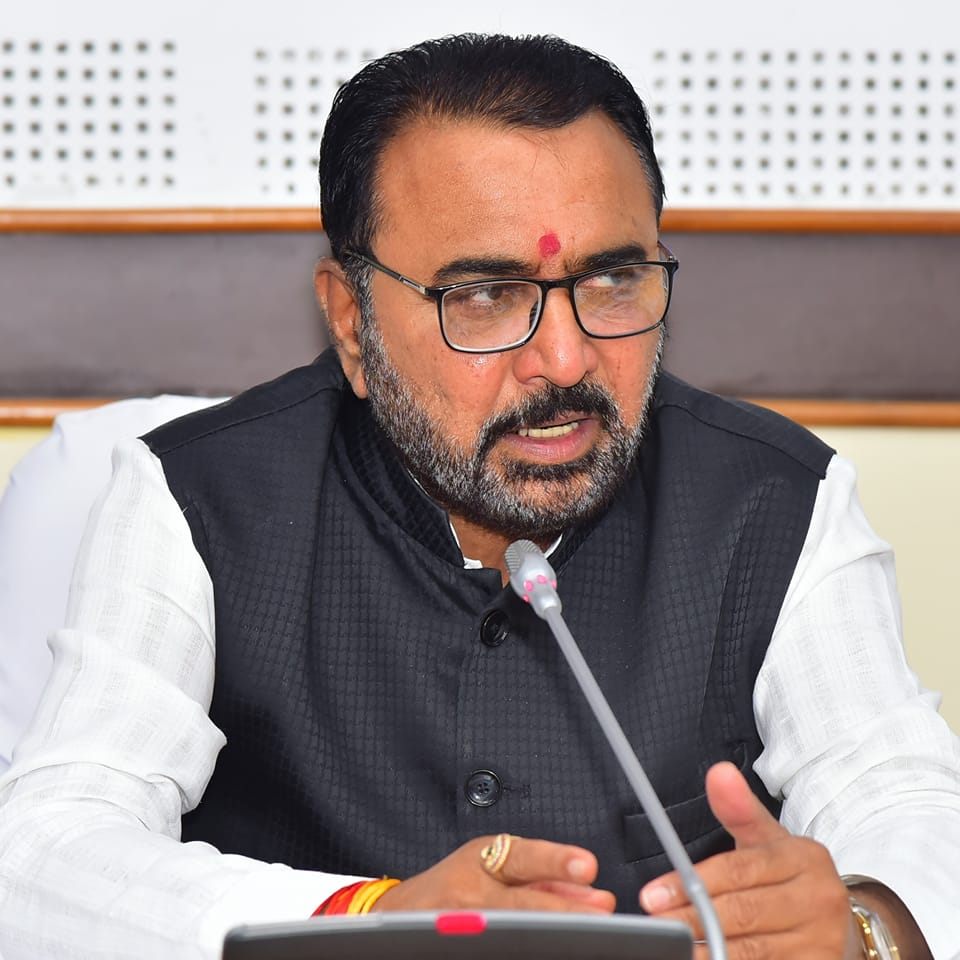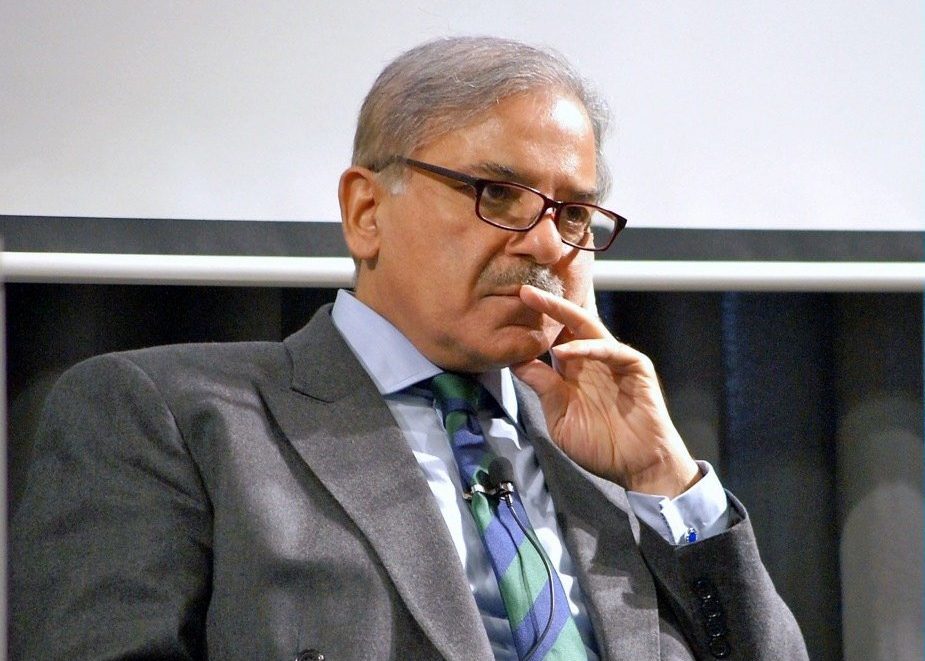New Delhi, Sept 27: A total of 170 AYUSH treatment packages will soon be included in the government’s flagship Ayushman Bharat health insurance scheme, Ayush minister Prataprao Jadhav said on Friday, adding that consultations are in the final stage.
The minister also said that to guarantee easy access to Ayush medications, special medical stores on the lines of ‘Janaushadhi Kendras’ would be set up at tehsil level.
“Access to a variety of herbal and traditional medicines will be made possible by these stores, improving public healthcare in both urban and rural areas,” Jadhav added during a press conference on 100 days of the new government.
“Discussions with insurance companies to finalise the package cost structures are underway and soon Ayush treatment packages could be availed by the AB-PMJAY beneficiaries. Consultations with the National Health Authority (NHA) are in the final stages,” he said.
A total of 170 AYUSH (Ayurveda, Yoga and Naturopathy, Unani, Siddha and Homeopathy) treatment packages covering non-communicable diseases such as diabetes and hypertension will be included in the scheme, he said.
The Ayushman Bharat Pradhan Mantri Jan Arogya Yojana (AB-PMJAY), the largest publicly funded health insurance scheme, provides health cover of Rs 5 lakh per family per year for secondary and tertiary care hospitalisation to 12 crore families.
Jadhav, the Union Minister of State for Ayush (Independent Charge), said a Strategic Purchasing Committee has been established to finalise cost structures and guarantee affordable Ayush treatment under the programme.
The National Health Authority (NHA) and Ministry of AYUSH have held meetings to discuss the implementation model for the proposed convergence of AYUSH packages with AB PM-JAY, he said.
Wider stakeholder consultations involving implementing states and union territories have also been carried out, he added.
Jadhav further said the Ministry of Ayush had earlier committed to organise 10,000 camps for elderly citizens within 100 days.
“I feel proud to say that 14,692 Ayush camps were organised around the country in a massive outreach effort to meet the healthcare needs of the elderly. Free consultations, therapies, and guidance on holistic health using Ayurveda, Yoga, Unani, Siddha, and homoeopathy were offered at these camps,” he said.
Jadhav informed that the Ayush ministry has established the National Institute of Ayurveda in Haryana’s Panchkula with a Rs 294.91-crore investment. This institute will function as a top-tier teaching and research facility with a 250-bed hospital and undergraduate, graduate, and doctorate programmes in Ayurveda.
Besides, the preliminary process for establishing three Central Research Institutes for Yoga and Naturopathy (CRIYN) in Odisha, Chhattisgarh, and Andhra Pradesh has been completed.
Further, Jadhav said that a donor agreement was signed by the Ministry of Ayush and WHO on July 31, 2024, at the WHO headquarters in Geneva.
“This deal demonstrates India’s dedication to working with international health organisations and improving the integration of Ayush systems into the global healthcare system. The collaboration seeks to provide evidence-based traditional medicine with a stronger foundation,” he said.
Jadhav also mentioned about the MoU (memorandum of understanding) signed between India and Vietnam centered on cooperation in medicinal plants on August 1, 2024.
This agreement, witnessed by Prime Minister Narendra Modi and his Vietnamese counterpart, is a major step toward advancing traditional medicine practices worldwide, he said.
The minister added, “India and Malaysia have taken a significant step in advancing traditional medicine by signing an agreement on Ayurveda. This partnership will promote research, knowledge exchange, and the creation of Ayurvedic treatment regimens. It opens a new chapter in the development of India and Malaysia’s bilateral relations.”
Jadhav said on August 6, 2024, the Pharmacopoeia Commission for Indian Medicine & Homoeopathy (PCIM&H) and the Indian Pharmacopoeia Commission (IPC) signed a historic MoU to carry out the ‘One Herb, One Standard’ initiative.
By standardising herbal medications, this initiative seeks to increase the efficacy and security of pharmaceuticals throughout India, he added.
He also mentioned about the “Har Ghar AyurYog” initiative started by the ministry with the goal of increasing the uptake of Ayurveda and Yoga among people. Including yoga in the Fit India School certification is one of the highlights, Jadhav said. (PTI)




